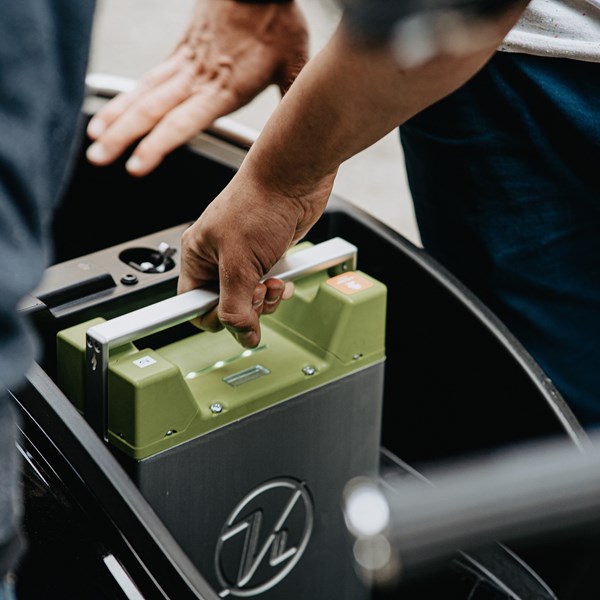In the previous part of this series we looked at three tips that will help you structure better deals with potential partners, collaborators or licensees.
The first of those tips was to put a meaningful NDA in place before negotiations start so in this part we thought it may be useful to look at NDAs - and, more specifically, how you can gain the best protection from an NDA - in more detail.
1. BE WARY OF THE SCOPE OF ONWARD DISCLOSURE OF INFORMATION
Most NDAs permit the person you’re sharing your information with to disclose that information to anyone who needs to use it to further your discussions and negotiations. In practice this is generally sensible, but a couple of issues can arise from this.
Firstly, it’s not hard to see that the more people know something, the harder it is to keep that something confidential. Yes, your NDA could well include clear and serious consequences if information is disclosed unlawfully but this will be of little consolation if that information has found its way into the public domain.
Secondly, if you allow carte blanche disclosure to the recipient’s entire organisation you could (unless the discloser of the information is satisfied every member of the recipient’s group has been accurately logged in the NDA) run the risk of highly sensitive information ending up in the hands of a competing part of the business or an overseas subsidiary about which you have little information.
We’d suggest that if anyone other than the contracting entity (and its employees) need to be involved then it is best practice for any additional entities to be specifically identified in the NDA, or even added as a party, rather than you give blanket disclosure to all “affiliates”.
2. DEFINE THE LENGTH OF THE CONFIDENTIALITY OBLIGATIONS
You will find that potential collaborators will often ask for a fixed period during which information must be kept confidential under an NDA. Depending on the third party, these can vary from between one year after disclosure to requiring the recipient to keep the information it receives confidential indefinitely, provided that the information remains out of the public domain (which is a statutory requirement – when it is public information, it can’t be confidential any more!).
Fundamentally, if you are an IP-heavy business, or utilise trade secrets as a form of protection for your most valuable information, and this information (including potentially patentable ideas or concepts) is what you are looking to share or discuss, you should always be seeking to ensure that information under NDAs is kept confidential indefinitely. Any shorter period than this puts you at serious risk of your otherwise valuable confidential information suddenly being something the other party (or parties) to the NDA can share without any restriction.
Of course, it may be the case that you are only sharing information which has a limited period in which it remains confidential and valuable to you. For example, financial information or pricing which will become public due to filing of your annual accounts, or because you will publish your next annual price list online yourselves. Critically, you need to think about the information you are going to share, and make sure that the period of confidentiality is appropriate to protect your interests. As legal advisers, we can assist with this process.
3. DON’T FORGET ABOUT YOUR SIGNED NDAs
While some NDAs require information to be marked as confidential to be treated as such, this is certainly not universal. Likewise, some NDAs prescribe a procedure for recording what has been disclosed and received or for challenging the confidential nature of a disclosure, but others may well not.
Although it can seem burdensome or bureaucratic, given that the NDA will usually require you to keep the confidential information separately identifiable and only share it with necessary persons, it is important that you keep a careful record of what is disclosed and received, and how it was shared, in case a dispute does arise at some point.
We’d also suggest that if any confidential information shared is believed to be in the public domain or is otherwise not confidential under the terms of the NDA, the recipient should identify this issue in writing at the time of disclosure and keep a clear note or record summarising the outcome of this discussion (together with supporting evidence).
Finally, it is good practice to include a clause in your NDA that any physical confidential information shall be returned or destroyed (at the disclosing party’s choice) and any electronic files are erased, either upon request, or if the discussions are terminated for any reason.
In the next part of this series we will look at licensing IP rights but if this blog has raised any questions that you would like to discuss with the IP solicitors in our specialist graphene and advanced materials team, please get in touch today.







